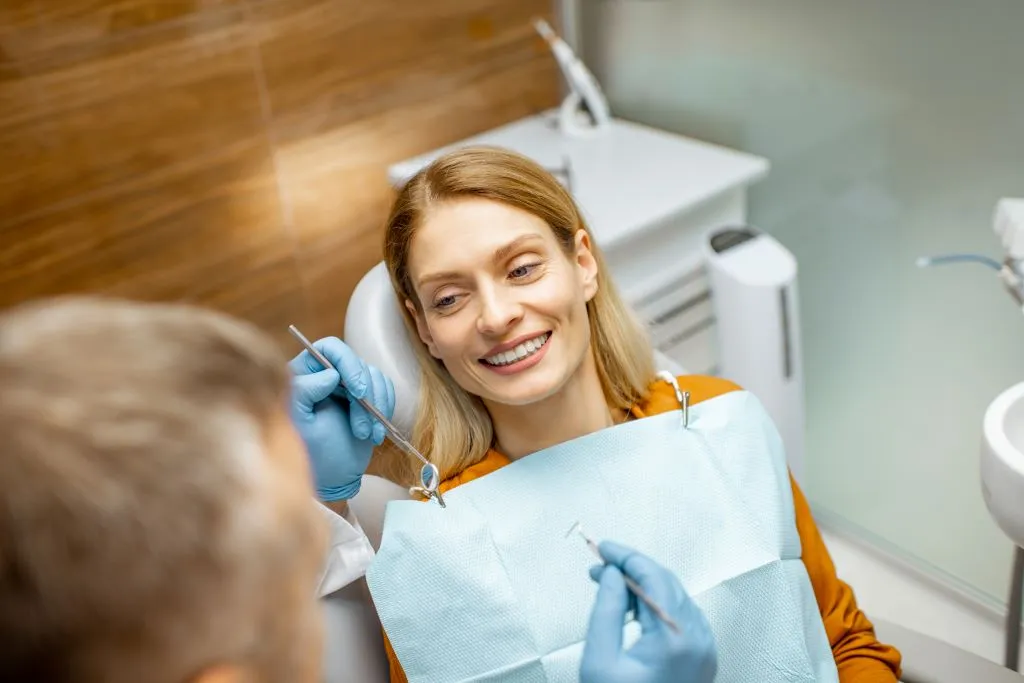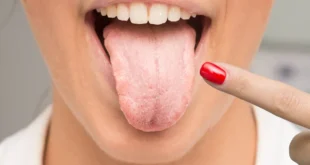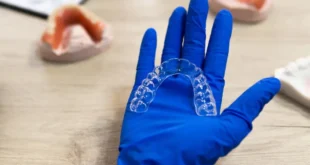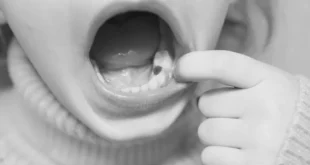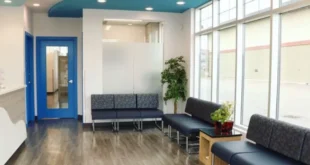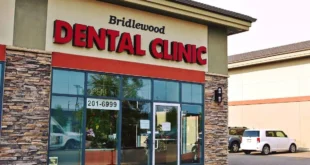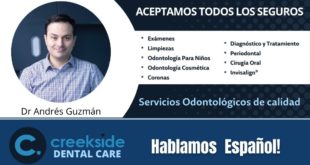Restorative Dental
Restorative dentistry plays a crucial role in repairing and preserving oral health by restoring damaged or missing teeth. In this article, we’ll explore what restorative dentistry entails, who may benefit from it, its differences from cosmetic dentistry, its importance, types of dental restoration, advantages, risks, and recovery.
1. What is restorative dentistry?
Restorative dentistry involves treatments aimed at restoring the function and aesthetics of teeth affected by decay, damage, or loss. It includes procedures like fillings, crowns, bridges, and dental implants, among others.
2. Who needs restorative dentistry?
Anyone with damaged, decayed, or missing teeth can benefit from restorative dentistry. Whether it’s repairing a cavity, replacing a missing tooth, or restoring a broken tooth, restorative procedures help improve oral health and function.
3. Difference between restorative dentistry and cosmetic dentistry:
While both restorative and cosmetic dentistry focus on enhancing the appearance of teeth, they differ in their primary objectives. Restorative dentistry primarily aims to restore the function and health of teeth, while cosmetic dentistry focuses on improving aesthetics.
4. Importance of restorative dentistry:
Restorative dentistry is essential for:
- Preserving Oral Health: By repairing damaged teeth and replacing missing ones, restorative procedures help prevent further decay and deterioration, preserving overall oral health.
- Restoring Function: Restoring the function of teeth allows individuals to chew, speak, and smile confidently, enhancing their quality of life.
- Preventing Complications: Addressing dental issues promptly through restorative dentistry can prevent complications such as infection, gum disease, and bone loss.
5. Types of dental restoration:
Common types of dental restoration include:
- Fillings: Used to repair cavities caused by tooth decay.
- Crowns: Cap-like structures placed over damaged teeth to restore their shape, size, and strength.
- Bridges: Used to replace one or more missing teeth by anchoring artificial teeth to adjacent natural teeth.
- Dental Implants: Titanium posts surgically implanted into the jawbone to replace missing teeth and provide support for artificial teeth.
- Dentures: Removable prosthetic devices used to replace multiple missing teeth.
6. Advantages of restorative dentistry:
- Improved Oral Function: Restorative procedures restore the ability to chew, speak, and bite comfortably.
- Enhanced Appearance: Restored teeth improve smile aesthetics and boost self-confidence.
- Long-Term Durability: Many restorative treatments are durable and can last for years with proper care.
- Prevention of Further Damage: Addressing dental issues early through restorative dentistry prevents them from worsening and requiring more extensive treatment later on.
7. Risks of restorative dentistry:
While restorative dentistry is generally safe, potential risks include:
- Discomfort or Sensitivity: Some individuals may experience temporary discomfort or sensitivity after certain restorative procedures.
- Infection: In rare cases, restorative treatments may lead to infection or complications requiring additional treatment.
- Damage to Surrounding Teeth: Improperly performed procedures may damage adjacent teeth or tissues.
8. Recovery and Outlook:
Recovery from restorative procedures varies depending on the type and complexity of the treatment. Most patients can expect some degree of discomfort or sensitivity initially, which typically subsides within a few days to weeks. With proper care and regular dental visits, the outlook following restorative dentistry is generally positive, leading to improved oral health and function.
Restorative dentistry plays a vital role in repairing dental damage, restoring oral function, and enhancing smile aesthetics. By addressing issues like decay, damage, and tooth loss, restorative procedures help individuals maintain healthy, functional smiles and improve their overall quality of life.
 Colombianos en Calgary Colombianos en Calgary
Colombianos en Calgary Colombianos en Calgary
